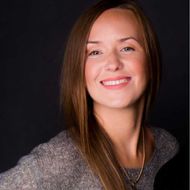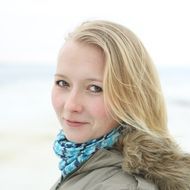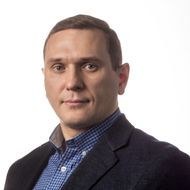- A
- A
- A
- АБB
- АБB
- АБB
- А
- А
- А
- А
- А
- НИУ ВШЭ в Санкт-Петербурге
- Межфакультетские кафедры (Санкт-Петербург)
- Кафедра физического воспитания (Санкт-Петербург)
- Учебные курсы
- Физическая культура 2023 и 2024 учебного года
-
Кафедра
Санкт-Петербург, ул.Кантемировская дом 3. корп.1 литера А ( ст.м. "Лесная")
Телефон: 8 (812) 644-59-11 *61540
Шагеева Л. Г., Шансков М. А.
СПб.: Военный институт физической культуры, 2022.
Шансков М. А., Мельников Д. С., Фокин А. М.
Вестник Томского государственного университета. 2023. № 494. С. 163-171.
Нигматулина Ю. Р., Скороходов А., Богатырева И. Я. и др.
В кн.: ФИЗИЧЕСКАЯ КУЛЬТУРА И СПОРТ В ПРОФЕССИОНАЛЬНОМ ОБРАЗОВАНИИ. СПб.: Федеральное государственное автономное образовательное учреждение высшего образования "Санкт-Петербургский политехнический университет Петра Великого", 2020. С. 195-198.
Санкт-Петербург, ул.Кантемировская дом 3. корп.1 литера А ( ст.м. "Лесная")
Телефон: 8 (812) 644-59-11 *61540
Physical Training
- О кампусе
- Сведения об образовательной организации
- Руководство и структура
- Подразделения
- Преподаватели и сотрудники
- Попечительский совет
- Корпуса и общежития
- Закупки
- ВШЭ для студентов с ограниченными возможностями здоровья и инвалидностью
- Версия для слабовидящих
- Единая платежная страница
-
http://www.minobrnauki.gov.ru/
Министерство науки и высшего образования РФ
-
https://edu.gov.ru/
Министерство просвещения РФ
-
http://www.edu.ru
Федеральный портал «Российское образование»
-
https://elearning.hse.ru/mooc
Массовые открытые онлайн-курсы
- © НИУ ВШЭ 1993–2025 Адреса и контакты Условия использования материалов Политика конфиденциальности Карта сайта
- Редактору



Преподаватель Преподаватели
Белорукова Дарья Максимовна
Богатырева Мария Петровна
Большова Елена Валерьевна
Демиденко Мария Сергеевна
Квасов Виталий Валериевич
Кебикова Екатерина Алексеевна
Костов Федор Федорович
Ляшенко Олеся Валериевна
Пахарева Александра Павловна
Петровцева Светлана Викторовна
Поленок Андрей Михайлович
Рубан Олеся Алексеевна
Угрюмов Александр Сергеевич
Угрюмова Наталья Владимировна
Хлызов Дмитрий Александрович
Шансков Михаил Алексеевич
Course Syllabus
Abstract
Learning Objectives
Expected Learning Outcomes
Course Contents
Assessment Elements
Interim Assessment
Bibliography
Recommended Core Bibliography
Recommended Additional Bibliography
Authors